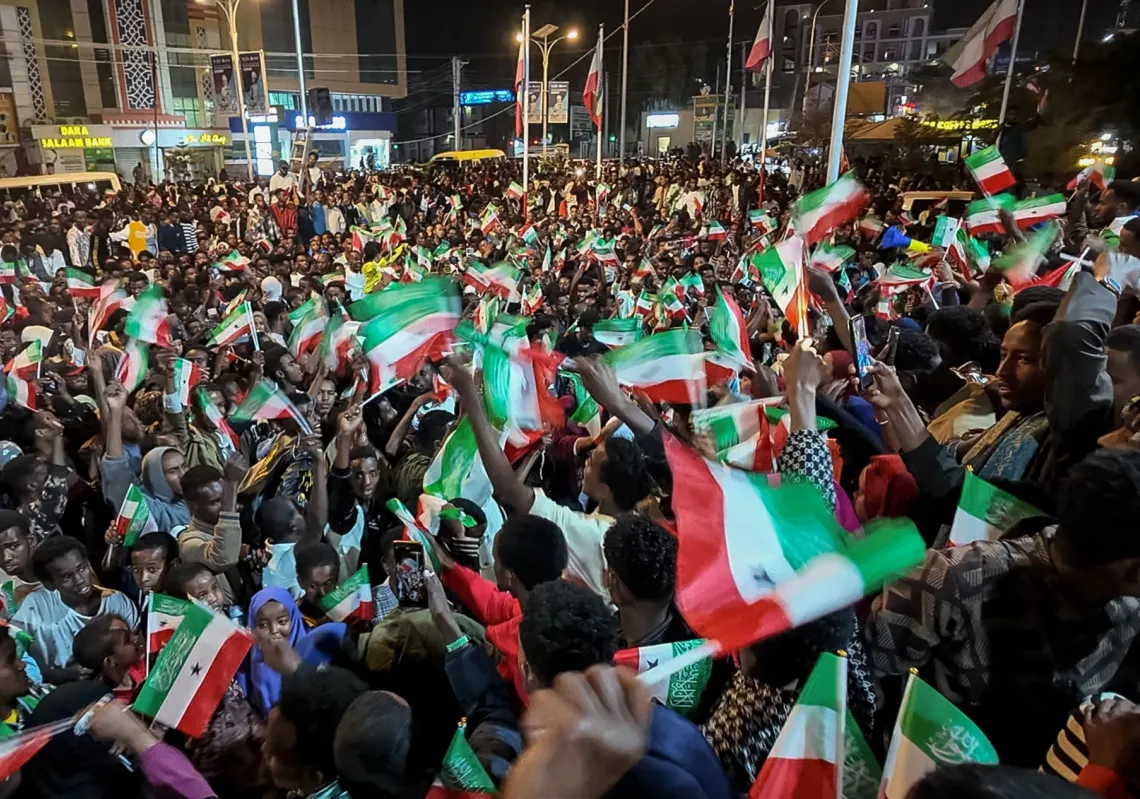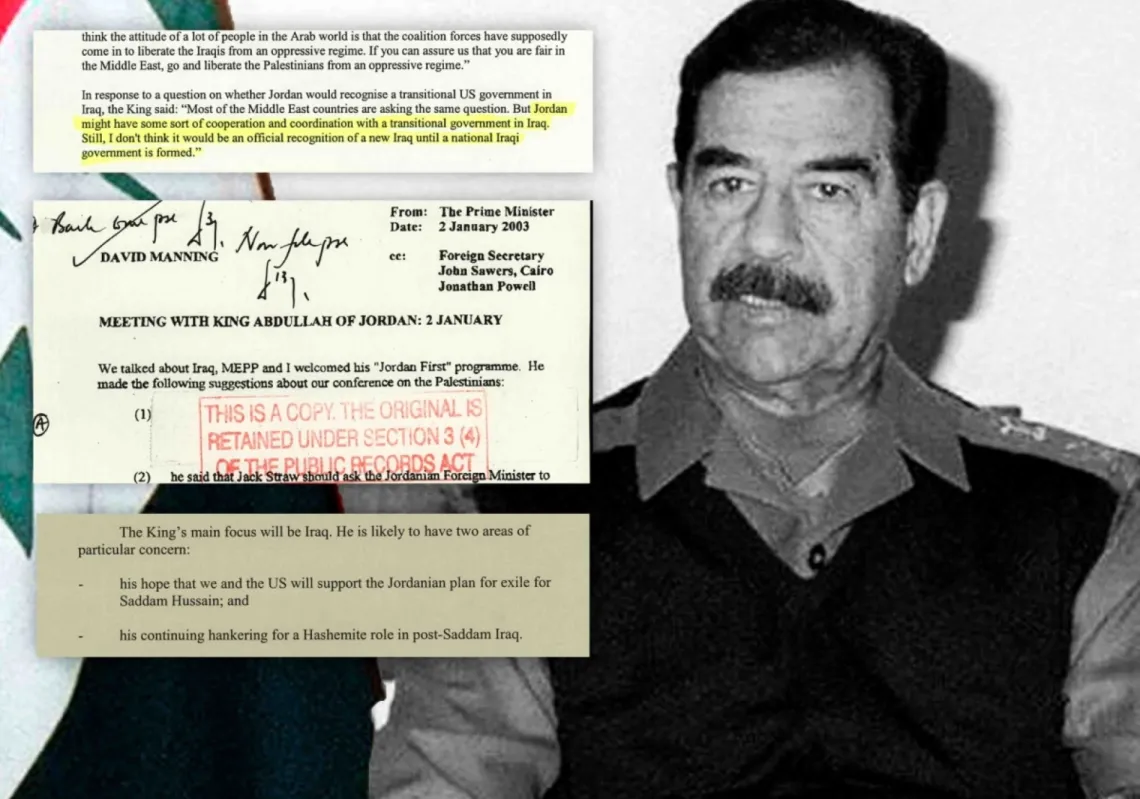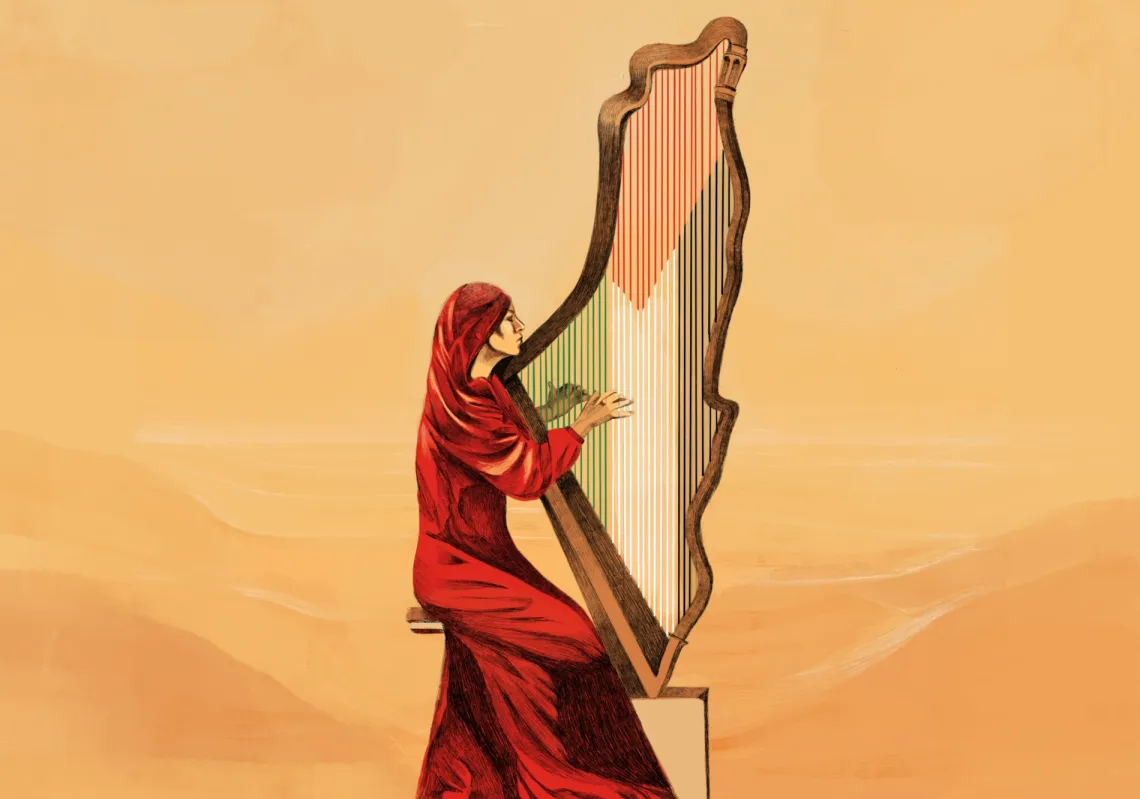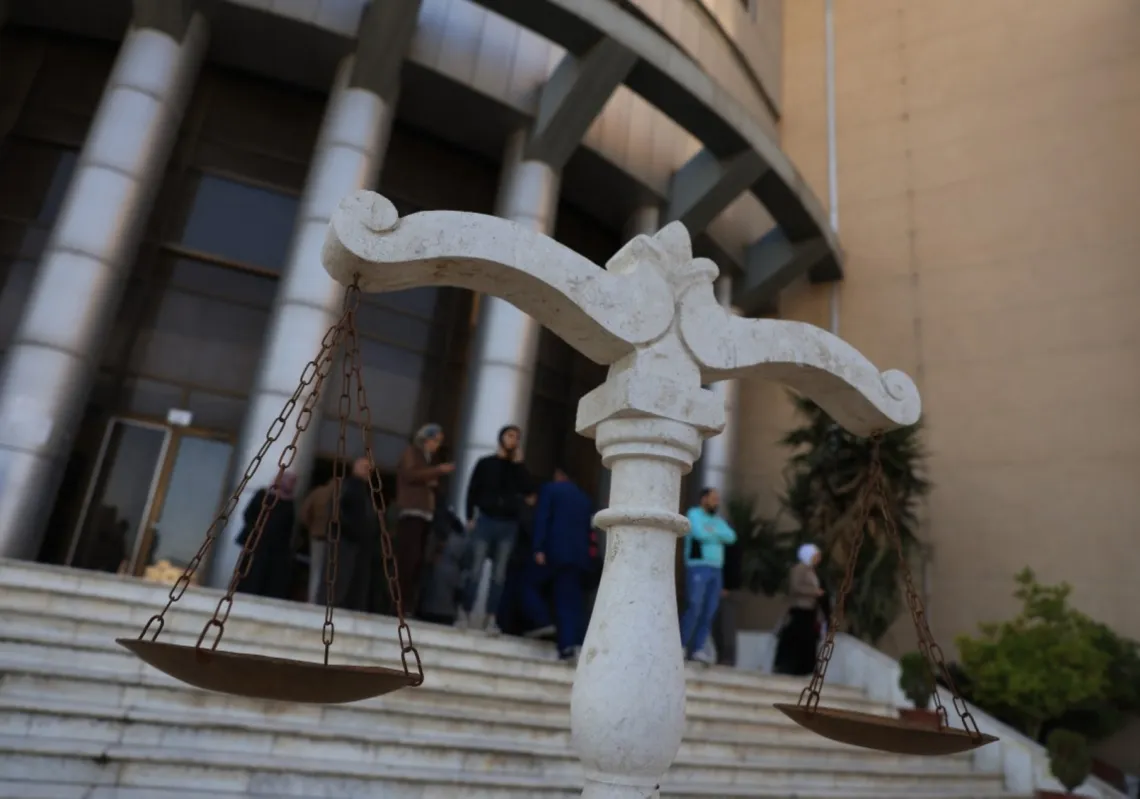"I worry when people stick 'ism' and 'ist' on the end of words. Islam is good. Islamism isn't. Ataturk is good. But those who exploit his memory by calling themselves Kemalists are not. Ataturk was a mortal, not a demi-god.... Secularism means freedom. The West is secular, but not secularist."
The speech he gave to university students in the mainly Kurdish city of Diyarbakir on 11 November was typical of Bulent Arinc, Deputy Prime Minister and a key figure in Turkey's ruling Justice and Development Party, or AKP. It was frank to the point of bluntness. It seemed to have been designed to raise the hackles of Turks attached to the staunchly secular - and authoritarian - heritage of the hero of Turkey's independence war. But it also showed just how profoundly Turkish political Islamic attitudes have changed over the past three decades.
Many millions in Turkey would disagree with the last sentence: for his enemies, Bulent Arinc is the leader of a hard-line faction inside the government, proof that the AKP's insistence that it has left Islamist policies behind in favour of "democratic conservatism" are a charade. When the Chief Prosecutor in Ankara called for the closure of AKP in March 2008 on the grounds that it was a "focal point of anti-secular activities", Mr Arinc topped the list of politicians cited in the 162-page indictment.
As frictions between the government and Turkey's army and judiciary escalated after 2004, nobody was more outspoken than him in denouncing what he saw as the illegal machinations of bureaucratic elites. "There is no regime problem in this country, there is a debate about who controls the regime", he said on one occasion.
Until then, the incumbent had been a staunch secularist whose wife, a retired school teacher who did not cover her head, symbolised the modernising ideals of the Republic. With the country ideologically polarised, and (we now know) senior officers plotting to overthrow the government, Prime Minister Recep Tayyip Erdogan pragmatically planned to put forward a compromise candidate. Bulent Arinc, whose wife, like Mr Erdogan's, covers her head, refused. "Our people want a civil-minded, pious and democratic president... whose wife wears a headscarf", he said. During a two-hour meeting with Mr Erdogan in which he offered to sacrifice his position as speaker of the parliament, he got his way. The next day, Mr Erdogan announced Foreign Minister Abdullah Gul as the party's candidate, sparking judicial attempts to sabotage the election and veiled threats of military intervention in April 2007.
A journalist who has known Bulent Arinc for nearly two decades, Sedat Bozkurt thinks his behaviour during the presidential crisis was characteristic of the man. "He is stubborn, independent-minded and, while ambitious, uninterested in the trappings of high office", he says. They are qualities that have won him a lot of admirers, and a fair few enemies, since he began to climb the political ladder back in the late 1980s.
A soldier's son with a successful criminal law practice in his western Turkish home town of Manisa, Arinc, like growing numbers of young provincial men in the 1970s, was attracted to multi-party Turkey's first explicitly Islamic politician, Necmettin Erbakan. By 1991, Erbakan's Prosperity Party (RP) was strong enough to win 18.5% in elections. Erbakan's ideology - Milli Gorus or 'National View'" - had much in common with the left-wing-tinted Islamic ideas swirling around the rest of the Muslim world: anti-western, anti-secular and opposed to economic liberalism, it mixed calls for a more just and moral society with support for state-backed industrialisation.
Widely considered one of the most polished orators in Turkish politics today, Bulent Arinc quickly rose through the ranks. By 1991, he was RP's regional head in Manisa. Four years later, he was a member of parliament in an RP-led coalition government. Among RP's older generation, though, he had made a name for himself as a trouble maker. But Arinc persisted. Behind closed doors, he called for more intra-party democracy. He questioned RP's anti-European stance. And he criticised Erbakan's decision to form a coalition government in 1995 with a party notorious for its corruption. In 1995, in the face of opposition from Erbakan's inner circle of white beards, RP members elected him to the party's executive council.
It was the first sign of the cracks that would divide Islamic politics after the RP was edged out of power by a military-coordinated campaign in 1997 and closed down. In 2001, former Erbakan proteges Recep Tayyip Erdogan and Abdullah Gul, along with Arinc, broke away to form the AKP. For many traditional-minded Islamists, the first two were little better than traitors. But they saw Arinc's departure as the inevitable conclusion of years of principled opposition.
It is this link with the more conservative end of Turkey's political spectrum that explains Arinc's weight inside the AKP, a party which combines nationalists, traditional Islamists and liberals. It may also explain why Erdogan appointed him deputy prime minister after a more traditional-minded Islamic party doubled its support at local elections this March.
All this does not mean, as some critics claim, that Arinc is a patsy for the National View inside AKP. While he remains probably the most religiously conservative of the triumvirate ruling the AKP (although Erdogan runs him close), he has changed a lot since the days when Erbakan's ideology had a near monopoly on Islamist circles in Turkey.
While Prosperity was anti-Western, Arinc, at least until 2005, was one of the most outspoken supporters of Turkey's European Union accession bid inside the AKP. As regards military involvement in politics, Arinc comes across as the most civilian-minded of them all: it is difficult to imagine Erdogan criticizing a nursing home which encouraged frail inmates to stand to attention for the national anthem, as he did. "This is garrison culture", he said.
Like Erdogan and Gul, though, Arinc has changed most in his attitudes towards the Kurdish problem. When Saddam Hussein gassed thousands of Kurds at Halabja in 1988, Erbakan, like Turkish nationalists, didn't say a word. His party didn't have any suggestions either for solving the Kurdish conflict that had begun in Turkey's southeast in 1984.
Today, Arinc and Erdogan are criss-crossing the country in their efforts to persuade the Turkish people of the urgent need for a peaceful solution to the war. It is a radical policy switch whose success depends heavily on Erdogan's personal charisma. But Arinc, wildly applauded by Kurdish students in Diyarbakir on November 11, has a key role to play too. Conservatives trust him more than any other AKP member. If he can carry them with him, then he will have succeeded in doing the near impossible - weaning Turkish Islam away from nationalism.








